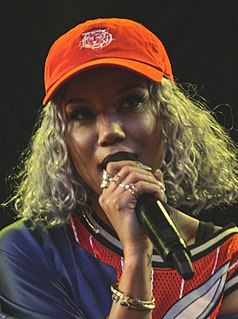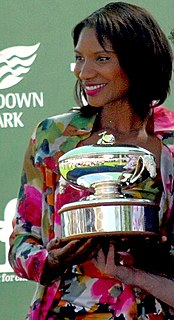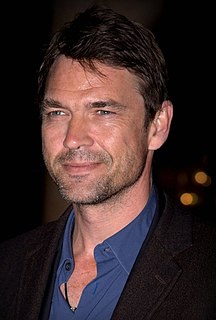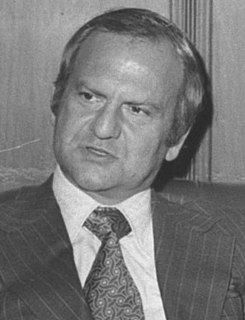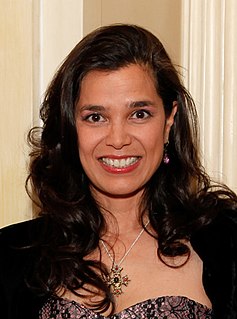A Quote by Dick Butkus
The bottom line is that these athletes tend to be safer investments because they really value their marketing opportunities. They don't make as much money as during their active careers.
Related Quotes
One of the issues I kept saying to my students is you have to learn to interrupt. When you raise your hand at a meeting, by the time they get to you, the point is not germane. So the bottom line is active listening. If you are going to interrupt, you look for opportunities. You have to know what you're talking about.
My primary early interest was in marketing and my aim was to improve its theories, methods and tools. Early on I pressed companies to adopt a consumer orientation and to be in the value creation business. I didn't pay much attention to the social responsibilities of business until later. Now I am pressing companies to address the triple bottom line: people, the planet, and profits. I found that companies were too much into short term profit maximization and they needed to invest more in sustainability thinking.
Of course (said Oryx), having a money value was no substitute for love. Every child should have love, every person should have it. . . . but love was undependable, it came and then it went, so it was good to have a money value, because then at least those who wanted to make a profit from you would make sure you were fed enough and not damaged too much. Also there were many who had neither love nor a money value, and having one of these things was better than having nothing.
Valuations are always much-debated. I try to center on what is the value to us. Is it solving a problems for us? If it is, we find a way to proceed. If the valuation has been overhyped on something and it doesn't make sense, we won't. It's very simple for me. I tend not to worry too much about the valuation. It's really what the value is to us.
In business, you're trying to make a buck. God was good to me and blessed me. I made some money and started this foundation years ago, and it has grown in size. With the foundation it's a lot different, because the bottom line isn't how you can make more money or get a better return, it's helping the projects that you feel strongly about move forward.
As conscious adult women, if we really do care about the state of girls and women worldwide, we need to train this next generation of girls because they are going to be the ones taking over and they are going to be the ones that shift this paradigm. Unfortunately for our generation, we've been raised in a society where greed trumps all. In other words, where the bottom line is money...where money affects how we perceive each other, and how we perceive ourselves and our value. We need to break that now with this younger generation.
Instead of a bottom-line based on money and power, we need a new bottom-line that defines productivity and creativity as where corporations, governments, schools, public institutions, and social practices are judged as efficient, rational and productive not only to the extent they maximize money and power, but to the extent they maximize love and caring, ethical and ecological sensitivity, and our capacities to respond with awe and wonder at the grandeur of creation.





